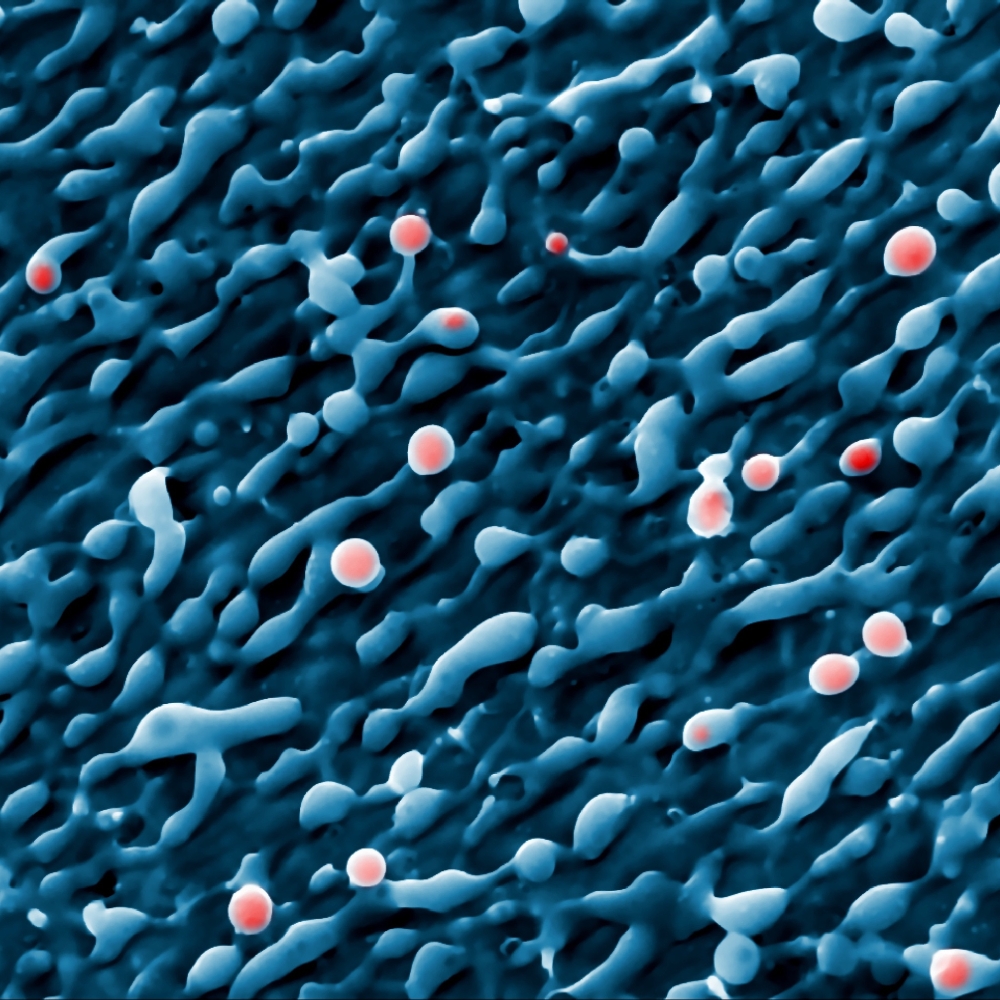Patent Assistant
MSci Molecular Genetics, King’s College London
PhD Genetics, University of Cambridge
Thank you
Sam has a broad academic background in life sciences and biochemistry, drawn from over 8 years cumulative research experience in genetics, epigenetics, molecular and cellular biology, the DNA damage response, bioinformatics, and immunology. During his career, he has gained valuable experience with cutting-edge techniques including CRISPR (mutagenesis, homology directed repair, and CRISPRi), Fluorescence Activated Cell Sorting (FACS), and Next Generation Sequencing (including tagmentation based low-input and single-cell approaches).
Prior to joining Keltie, Sam worked as a post-doctoral scientist at the University of Cambridge, researching the epigenetic regulation of ancient conserved viral DNA (transposons) present in the human genome by KRAB Zinc Finger family proteins. He also worked on developing novel RNA sequencing methods, which highlighted the process and challenge of developing commercially feasible IP.
Sam graduated from King’s College London with a First Class with honours Master’s degree in Molecular Genetics, focusing on the epigenetics of immunology and inducible cellular reprogramming in neural cells for therapeutic uses. During his time at King’s he received the prestigious King’s Undergraduate Research Fellowship, facilitating his work on an epigenome wide association study (EWAS) in monozygotic twins at Twins UK. He then moved to the University of Cambridge, where he completed a PhD in Genetics, having been awarded a competitive BBSRC DTP studentship. During his PhD, his experience working with tech startups in the Judge Business School EnterpriseTECH programme equipped him with valuable insights into evaluating the commercial application of nascent technology and using IP as a core to the business strategy.

06.06.2023
From Oceans to Innovation: The Power of KelpIs part of the answer to climate change to be found in the sea? Researchers are increasingly looking into applications of kelp and other forms of seaweed, as well as how to preserve and cultivate underwater forests.

23.08.2021
Five patents in NanotechnologyNanotechnology: building materials and devices by controlling matter at the atomic and molecular level. An interdisciplinary field with far-reaching applications. Monica Patel explores five particularly interesting patents in this area...
OtherLess related knowledge
Thank you